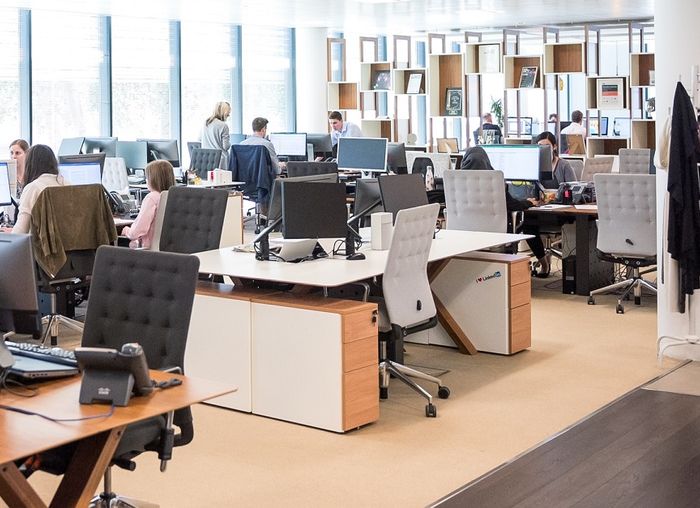As part of the Quantum Delta NL program, a consortium of the Port of Rotterdam Authority, Eurofiber, Q*Bird, Single Quantum, Cisco, Portbase, Intermax and InnovationQuarter succeeded in being the first in the world to build a scalable quantum internet connection in the port of Rotterdam. A trial setup demonstrated that the use of quantum technology prevents access to sensitive information. In future, this new communication system could improve the security of the tens of thousands of seagoing vessels that visit the port every year and also better secure the resulting economic traffic from the threat of quantum computers.
Distribution of quantum keys
During the trial, which started in late 2022, a central hub for creating a quantum network was installed by Q*Bird in Eurofiber’s data centre. This central hub is connected to two endpoints at Portbase and Port of Rotterdam Authority. These two endpoints exchanged data secured with quantum keys during the trial period. The generation and distribution of keys takes place within the quantum network, with Q*Bird using a unique multipoint-to-multipoint configuration for the endpoints. Many new endpoints can be connected to the central hub, each of which can generate quantum keys. Other quantum key distribution systems rely on a less flexible peer-to-peer configuration. Q*Bird is the only party in the world to offer this scalable system. The system can also be used to secure other critical infrastructure networks in the Netherlands. In light of the success of this trial, new endpoints at Customs and a number of nautical service providers in the port will be connected to the central hub over the course of this year.
Ready for the future
The setup built during the trial will allow multiple end-users to be provided with a secure, untappable connection in the future. The strength of this setup is the ease with which it can be expanded to many more users and the relatively low cost of such expansion. After connection, the parties involved can be sure that the communication line has not been tampered with. If a hacker tries to steal the keys, the laws of quantum mechanics ensure that users are notified as soon as the keys are compromised. Another set of keys is then created to securely exchange further messages.
Rapid development of quantum communication
Cybersecurity is currently ensured by data encryption based on calculations that today’s computers are barely able to solve. However, a powerful quantum computer can crack algorithms and expose sensitive data. Due to the unprecedented computing power of quantum computers, encrypted information can be decrypted in no time at the risk of state and corporate secrets becoming accessible to parties with malicious intent. Also, data that is intercepted and stored now can be cracked with a quantum computer at a later date.
Quantum technology is developing at lightning speed right now, so the quantum computer is arriving faster than expected. Quantum technology has unprecedented potential for solving complex problems, but at the same time, it therefore also poses serious threats. For companies with critical infrastructure, such as the Port Authority, this could represent a serious threat of business disruption resulting in major financial losses and physical damage. Increasing cyber resilience is therefore more important than ever.




